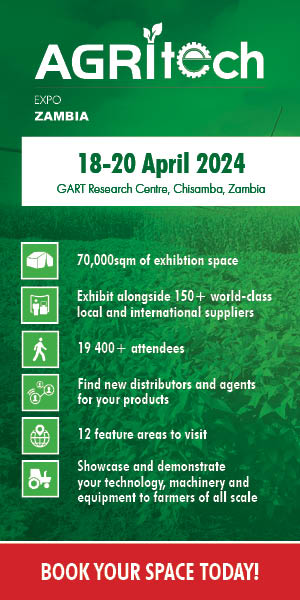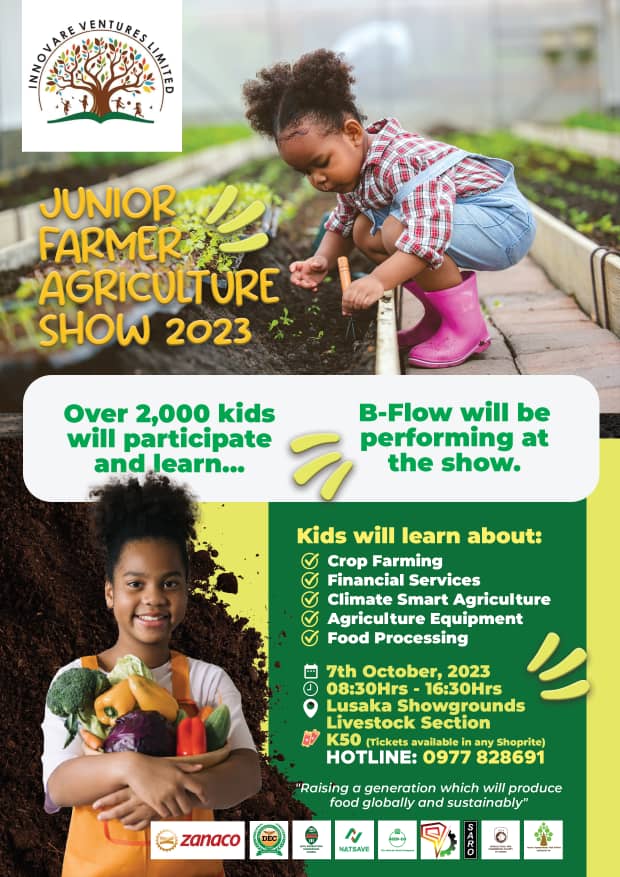SOLAR POWERED IRRIGATION IN TIMES OF UNPRECEDENTED DROUGHT

- Maggie Mapalo Mwape
- 02 May, 2024
In Zambia,
innovative solutions for farmers during drought include a variety of
climate-smart agricultural practices and technologies. Here are some key points
and recommendations:
Solar-Powered
Irrigation:
》Saro Agro Industrial Ltd has
introduced a Solar Powered Centre Pivot system designed for efficient
irrigation over a 7-day cycle, covering up to 2.5 hectares of land.
》This system is particularly
beneficial for crops like Tobacco, Potatoes, Maize, Wheat, and Vegetables.
Funding for
Solar Power Irrigation:
》Organizations like Atmosfair support
solar-powered drip irrigation systems for smallholder farmers, enabling them to
grow food commercially and reducing dependence on rainfall.
》The MIT Solve initiative has a
solution called “Financing Solar Irrigation Pumps- Zambia,” which aims to
finance solar pumps to promote horticulture farming and build resilience to
climate change.
》The Green Climate Fund (GCF) has
approved funding for renewable energy projects, primarily solar, in Zambia.
Other
Recommendations:
》Adoption of drought-tolerant crops
and efficient water management practices.
》Utilizing climate advisory services
to inform farmers about weather patterns and best practices.
》Encouraging the use of conservation
farming techniques such as crop rotation, intercropping, and ripping.
Advocacy and
Support:
》The Centre for Environment Justice
(CEJ) in Zambia plays a crucial role in advocating for environmental
sustainability and supporting vulnerable communities.
》CEJ promotes access to information on
environmental protection, sustainable energy, climate change, and agriculture.
》We also engage in lobbying and
advocacy, research, campaigns, and policy dialogues to enhance accountability
and sustainable development.
》CEJ can scale up advocacy once funded
in this drought response.
Leave a Reply
Your email address will not be published. Required fields are marked *
.jpg)












